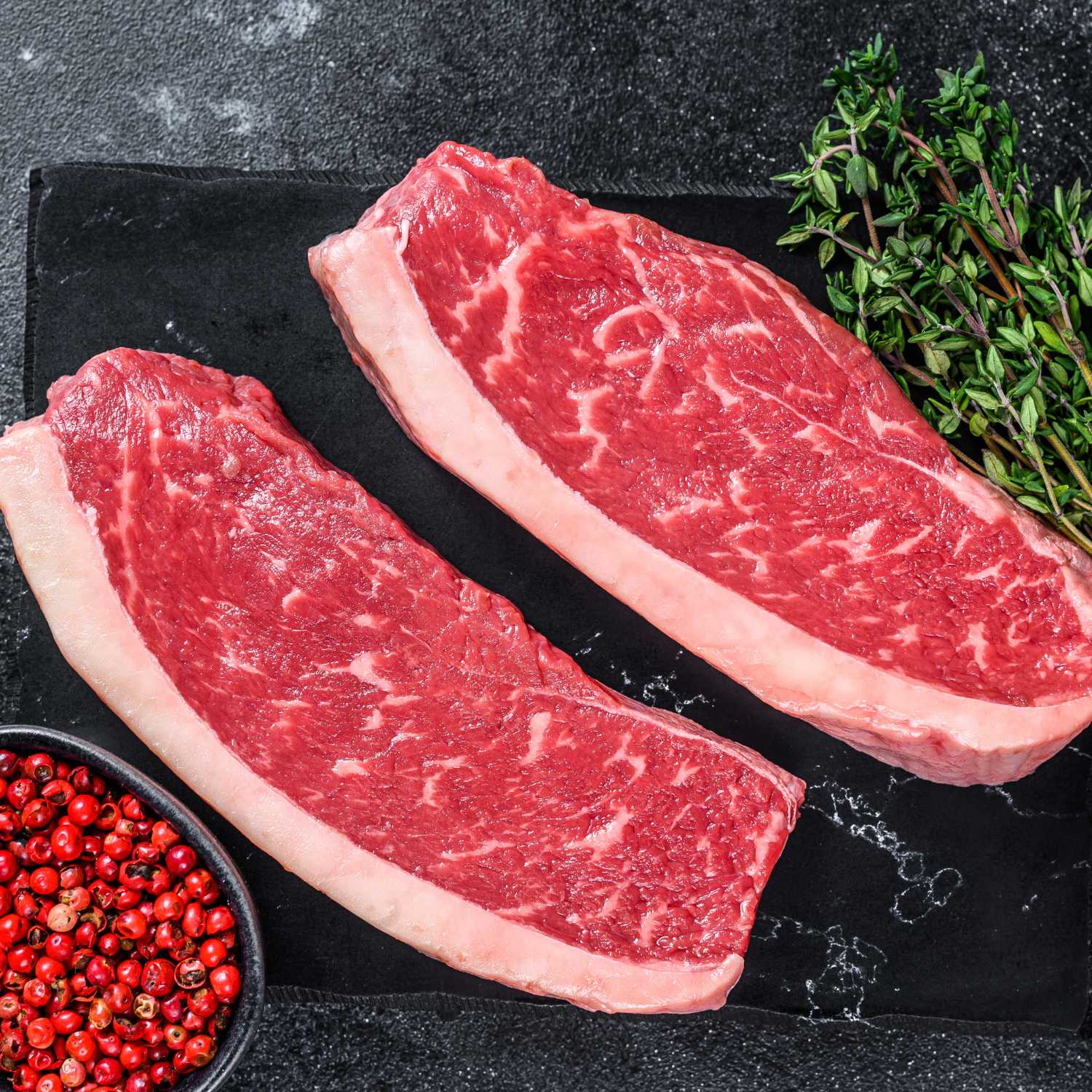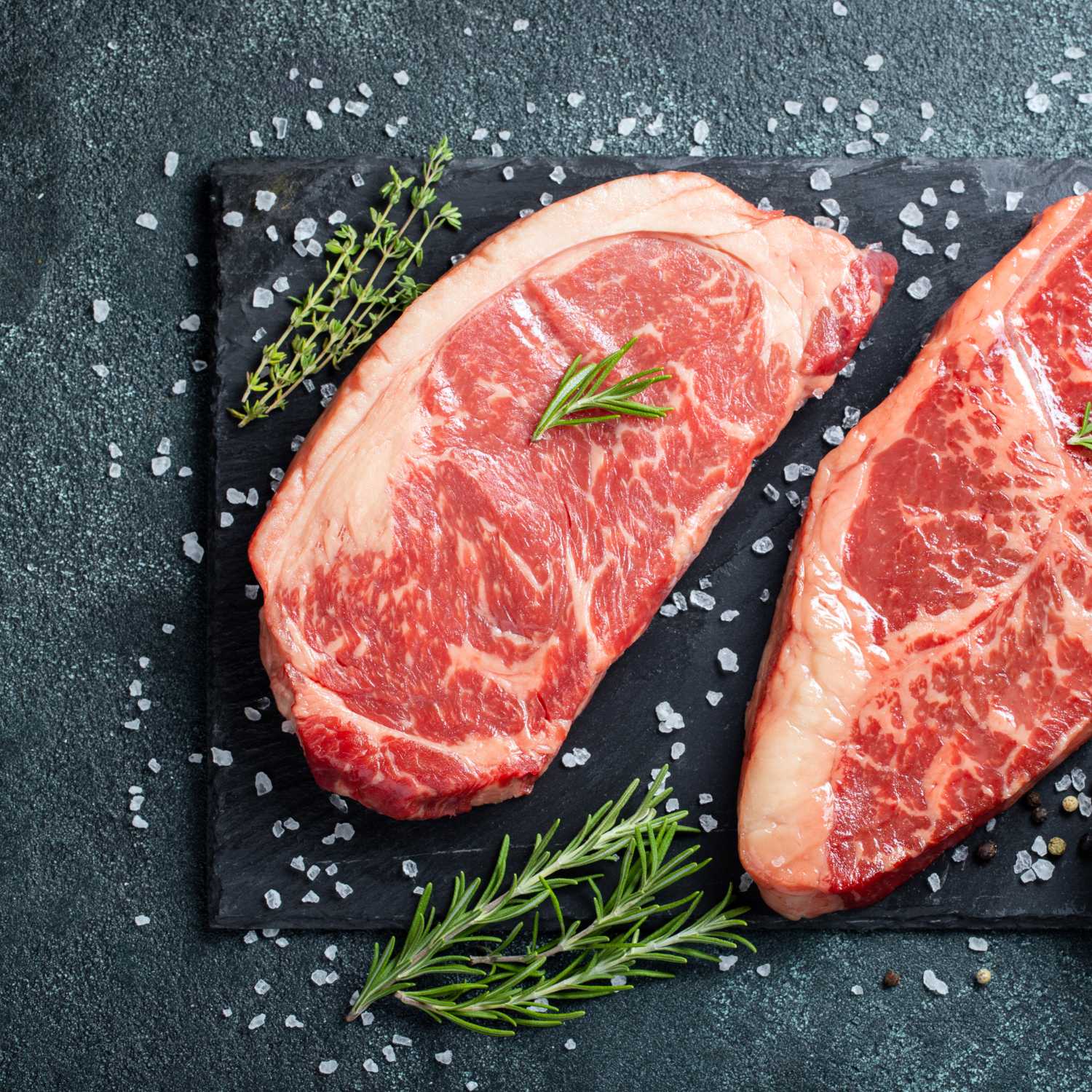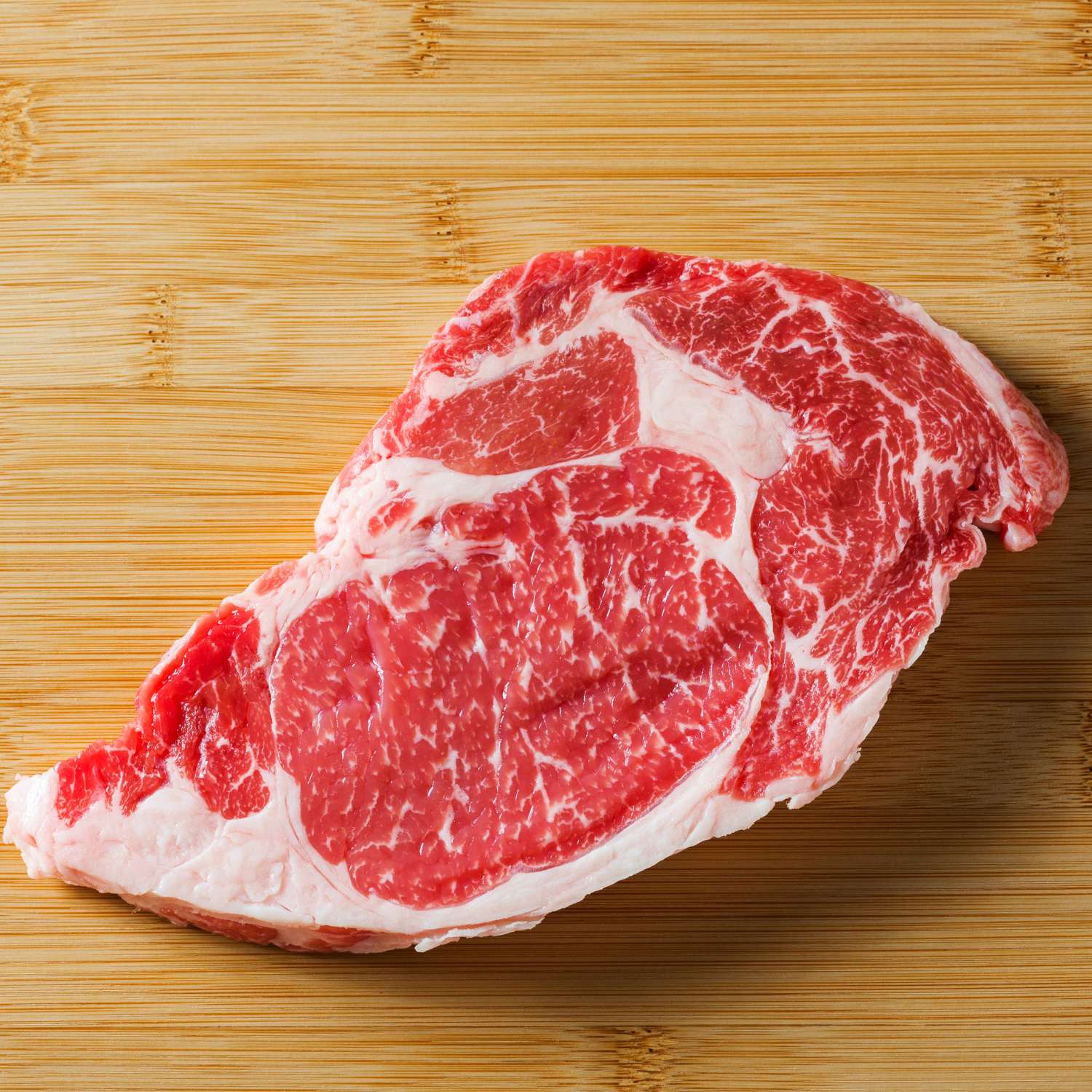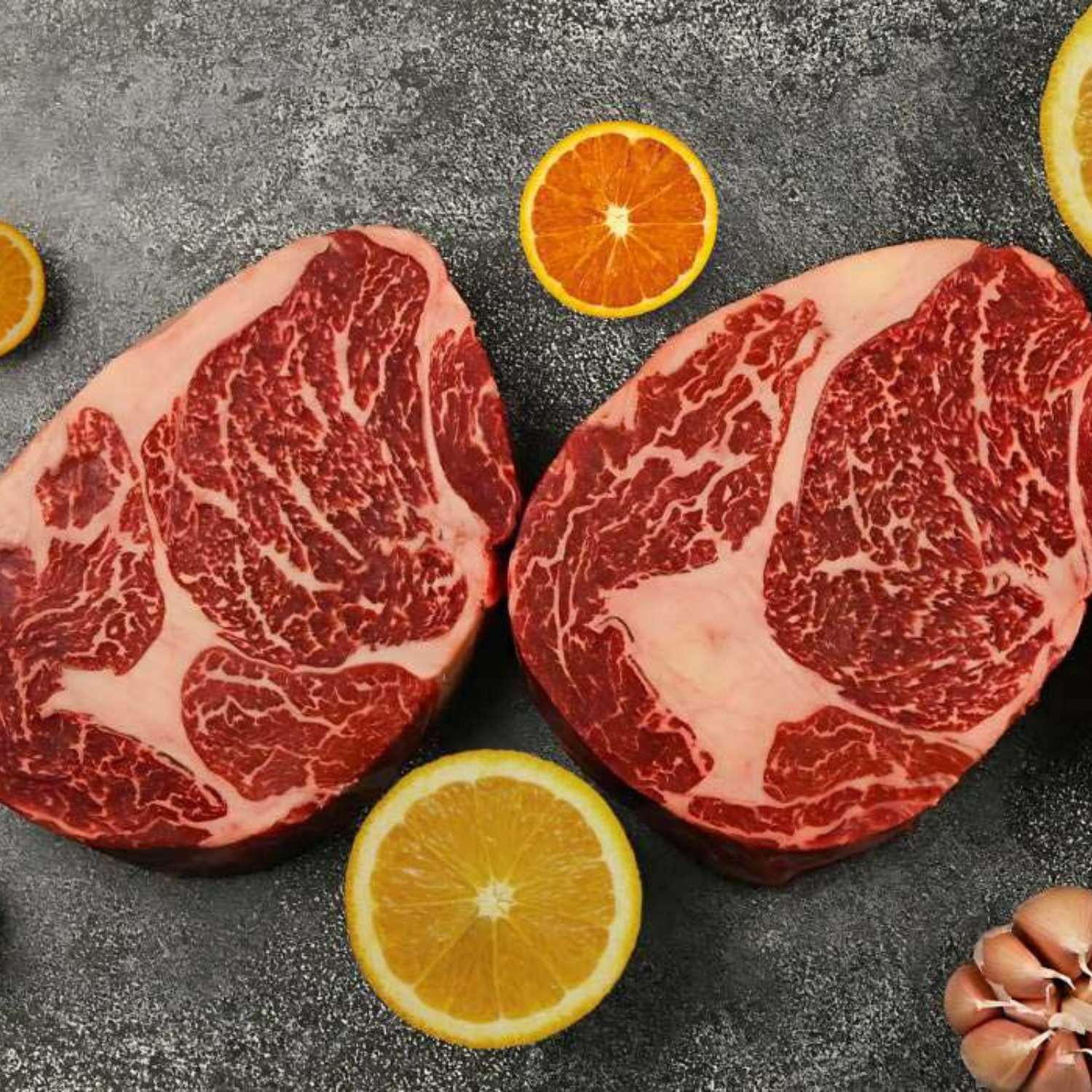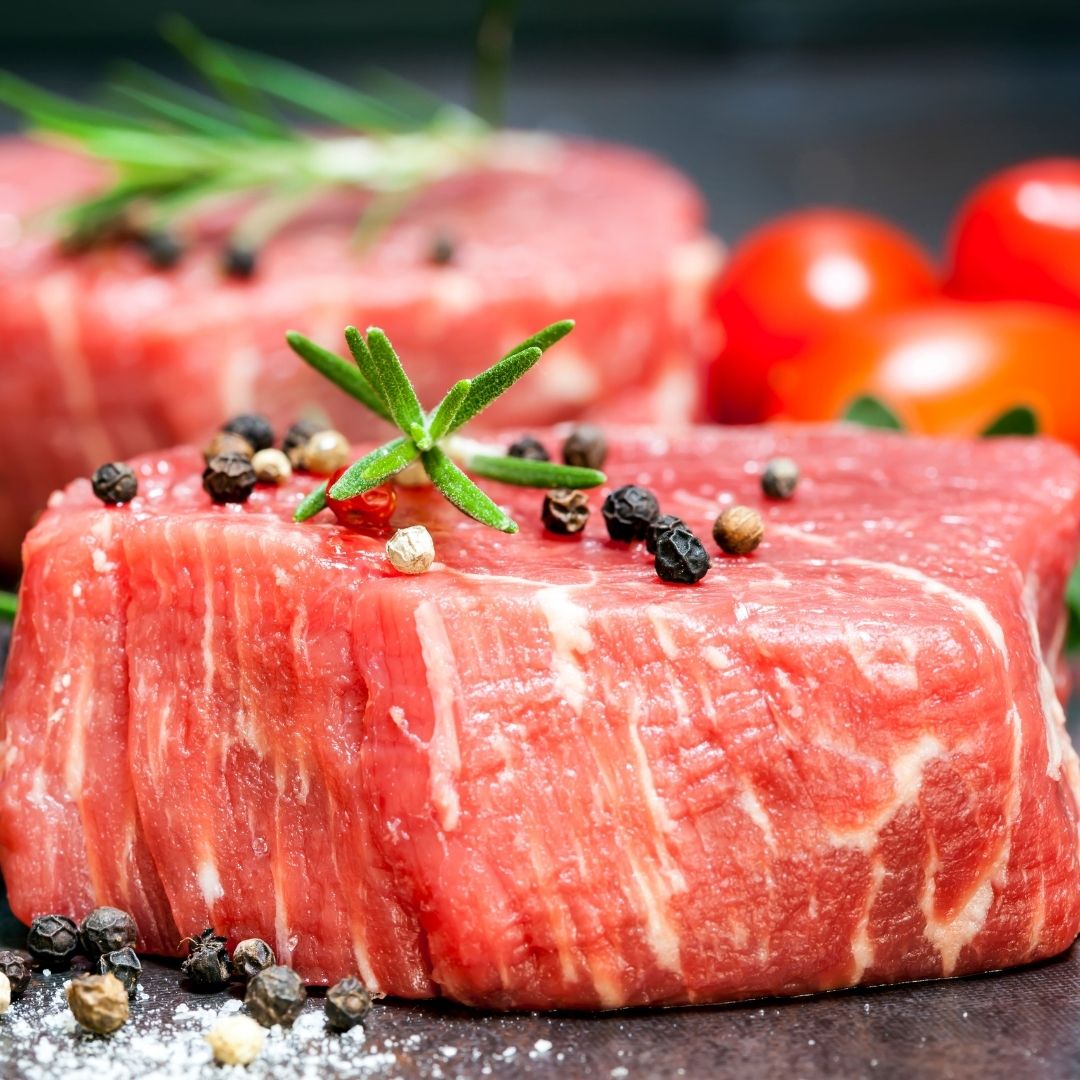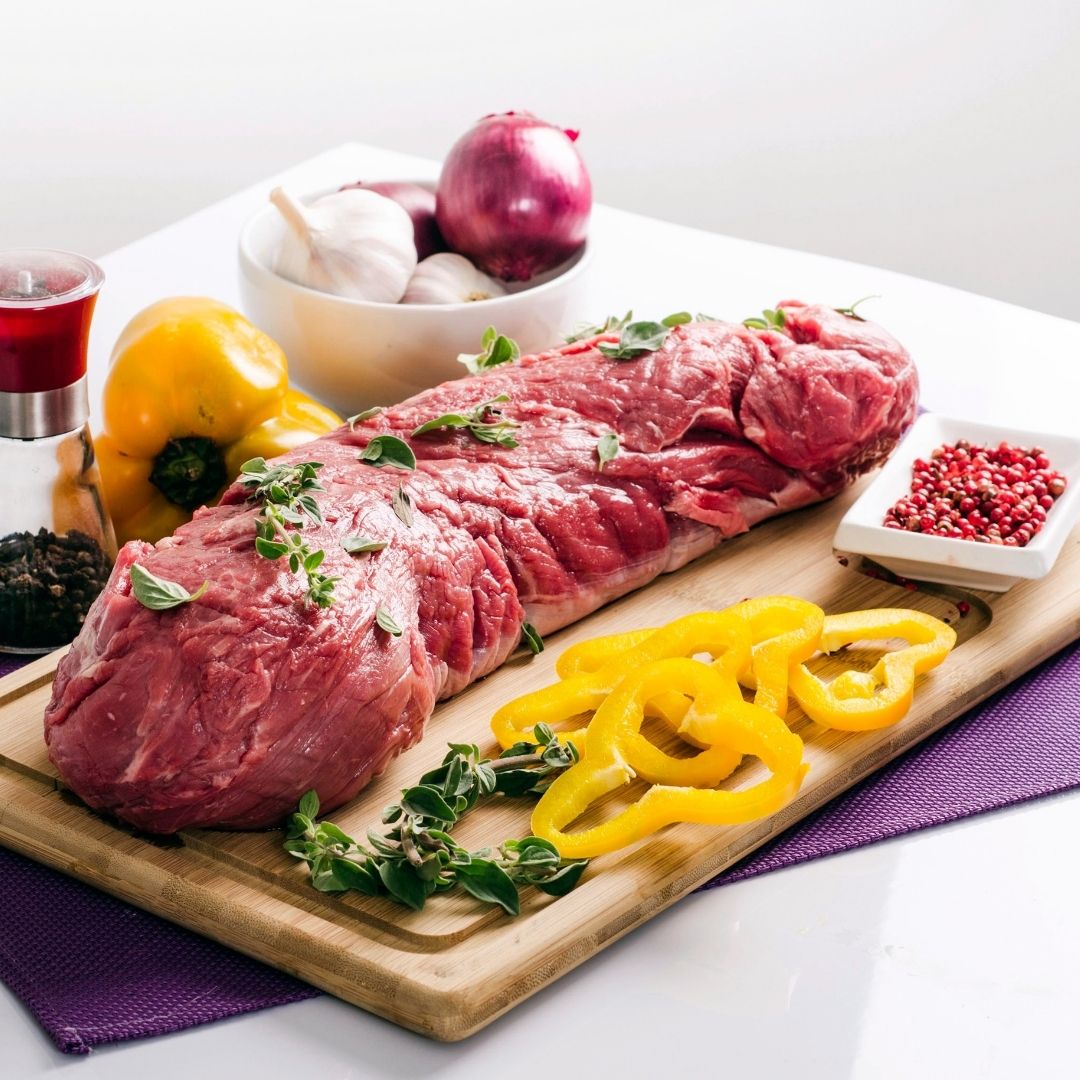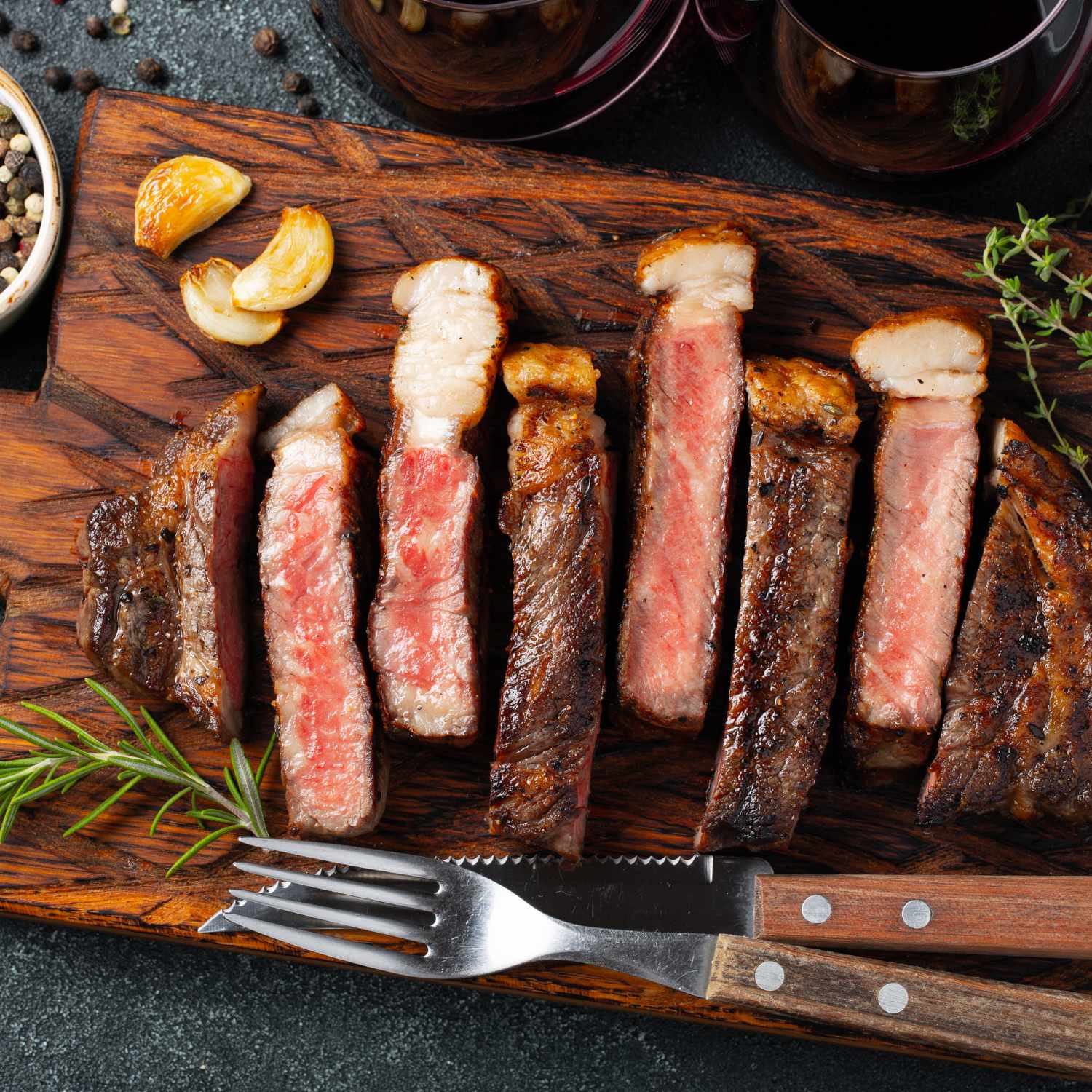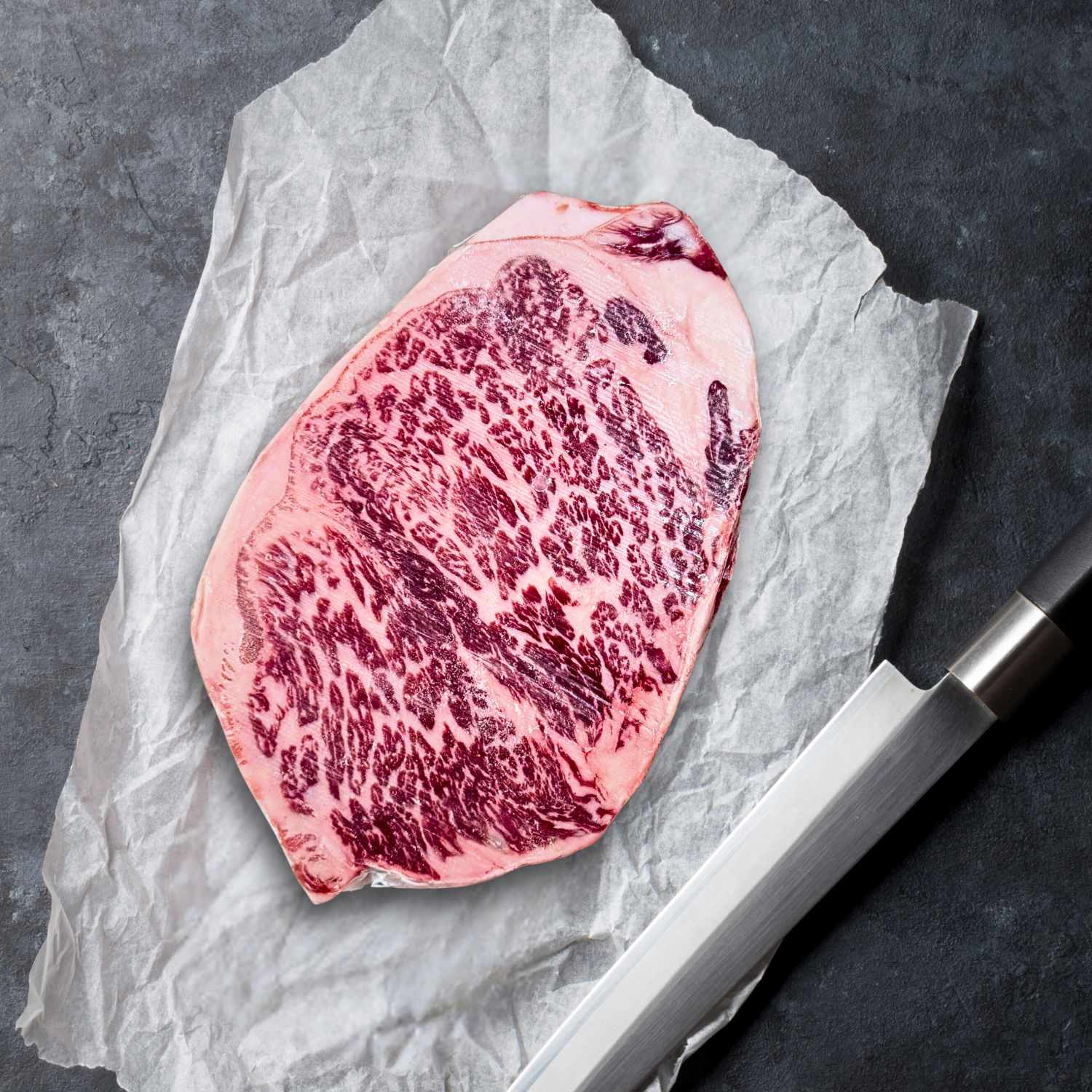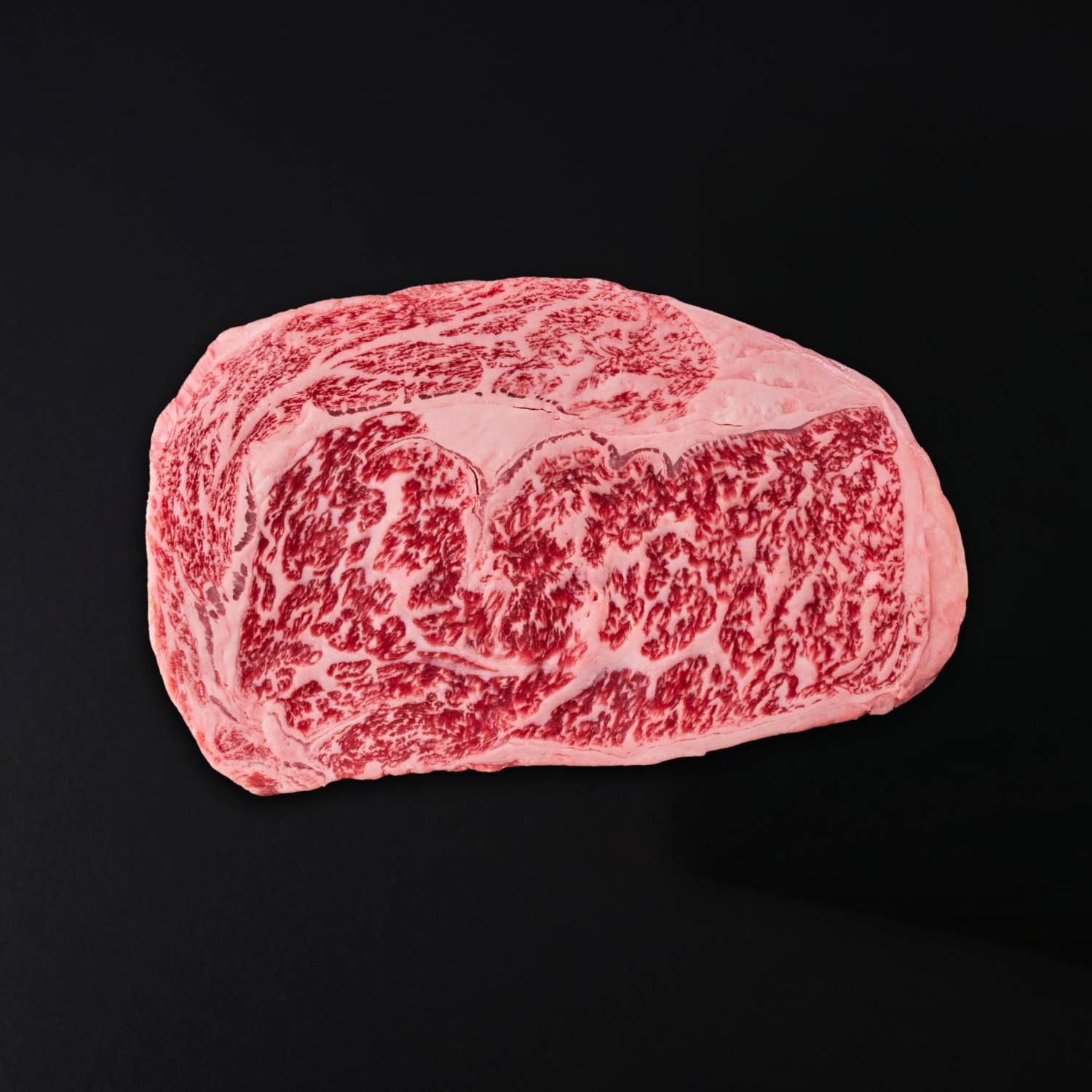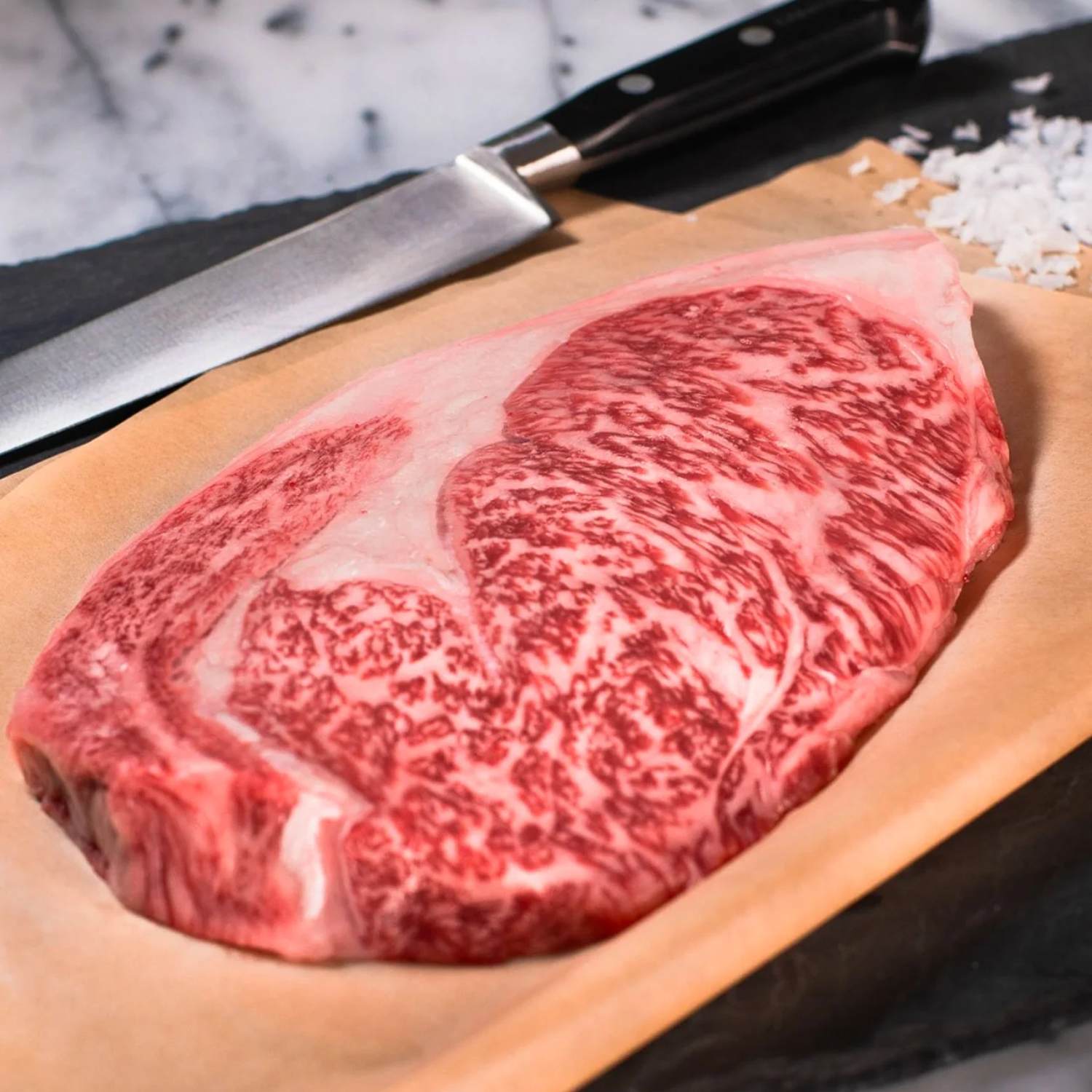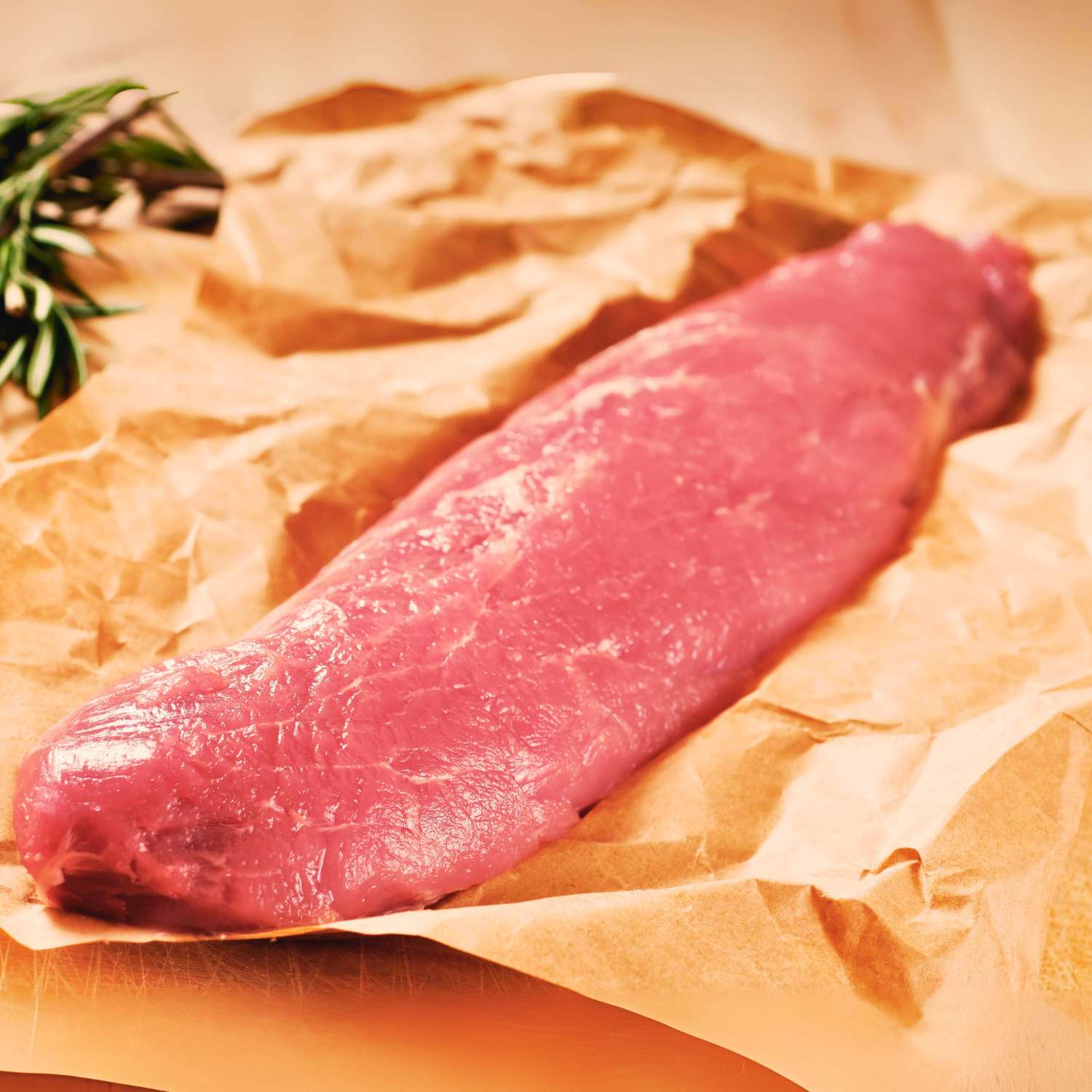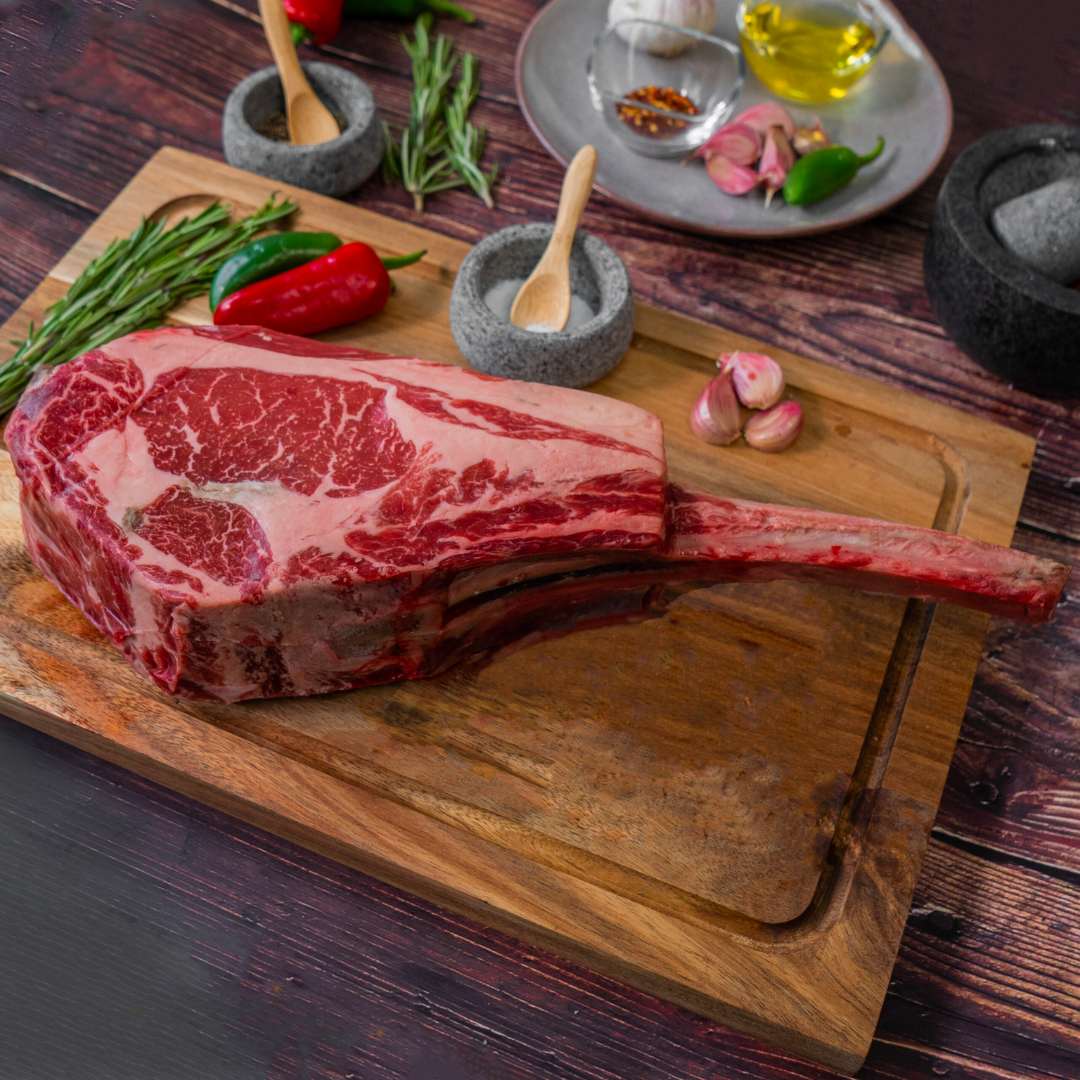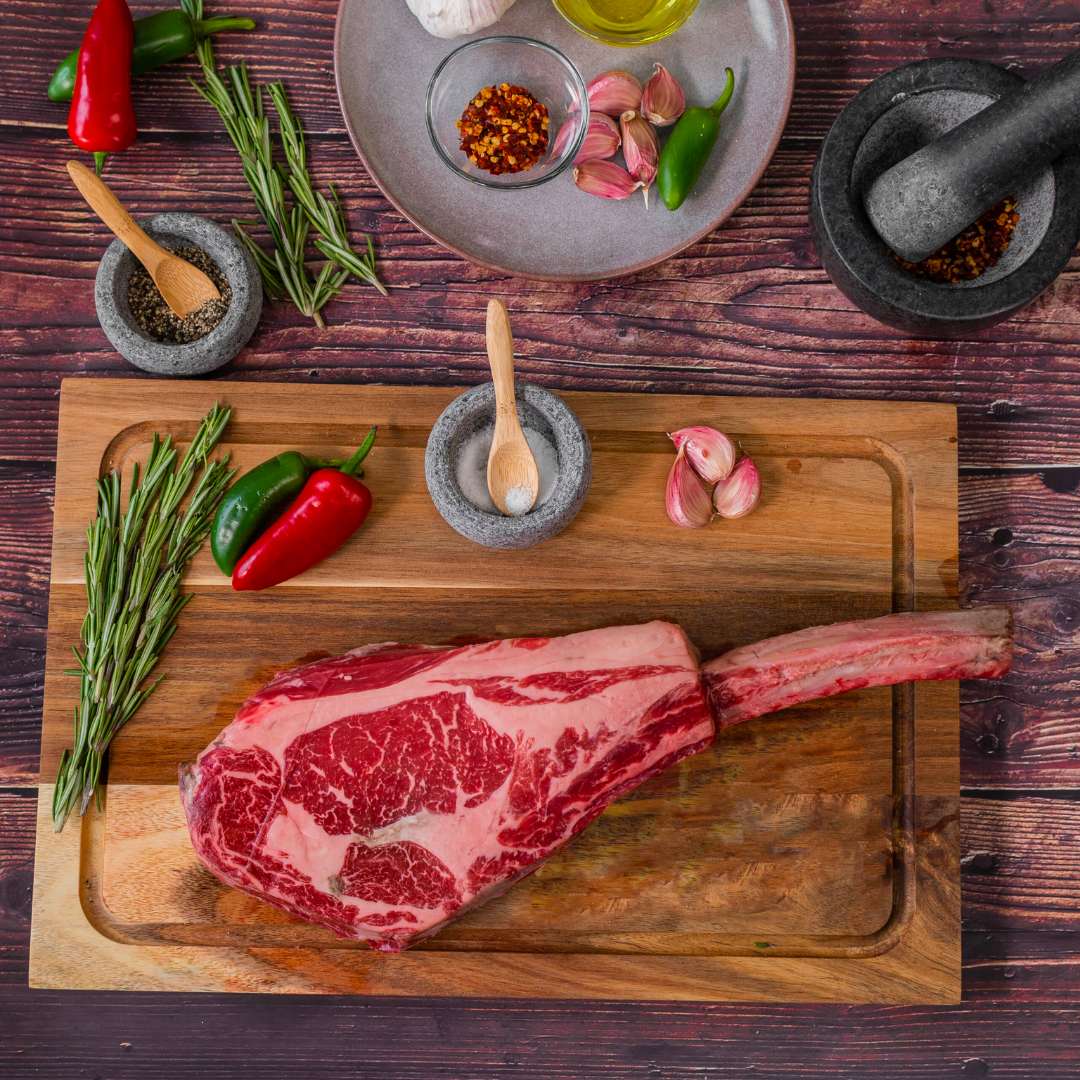Understanding the Demand for High-Quality Meat in Hong Kong
The Influence of Western Cuisine on Hong Kong's Meat Market
In Hong Kong, Western cuisine has had a big effect on how locals think about meat. People now want high-quality cuts like steak. TV shows and foreign chefs have shown them fancy dishes. That's why more people are asking for premium meats in restaurants and stores. They compare local options to famous Western styles, like BBQ grills and steaks. This has made types like Wagyu and grass-fed beef very popular. Hong Kong's diners are looking for the best flavor and health benefits. This trend has also brought new challenges and chances for local butchers.

Health and Wellness Trends Driving Grass-Fed Beef Popularity
In Hong Kong, health-aware eaters are choosing grass-fed beef. It's seen as purer and safer. Many appreciate its higher omega-3s and lower fats. It's linked to better heart health and less disease risk. Grass-fed beef fits well with Hong Kong's wellness goals. It's also part of a global shift to more ethical eating habits.
The Impact of Imported Meat on Local Butchers and Producers
Hong Kong loves imported meats, like Wagyu from Japan and Australia. But this trend impacts local meat sellers. Imported steaks are often seen as better quality. This makes it hard for local butchers to compete. They can't always offer the same types of meat. Some also don't have the tools to store fancy meats like dry-aged Wagyu. Local meat producers are trying to keep up. They're improving their beef quality and using new methods. Still, imported meats remain popular in Hong Kong's dining scene.
Comparing Wagyu and Grass-Fed Beef: What Hong Kong Consumers are Saying
The Appeal of Wagyu: Why It's a Favorite Among Hong Kongers
Wagyu beef has captivated Hong Kong's palate. Known for its rich marbling, wagyu delivers a luxurious taste. Steakhouses and high-end markets often showcase these cuts. Hong Kongers prize wagyu's melt-in-mouth texture. This beef also symbolizes status and fine dining. Foodies and chefs alike seek out wagyu for its unique flavor. At BBQs and gatherings, wagyu is often the star. Its appeal also lies in the allure of Japanese cuisine. As tastes evolve, wagyu remains a top choice for meat lovers in Hong Kong.
Grass-Fed Beef: Nutritional Benefits and Consumer Shifts
Grass-fed beef is gaining fans in Hong Kong for its health perks. It's known for having more omega-3 and vitamins than grain-fed beef. Consumers also like that it's less fatty. This shift to grass-fed options shows a trend toward healthier lifestyles. Hong Kong's market now has more of this meat due to these changes in taste.
A Side-by-Side Look at Wagyu vs Grass-Fed Beef Price and Quality
Wagyu and grass-fed beef are both popular in Hong Kong. Wagyu is known for its marbling and rich flavor. It is often seen as a luxury meat. Grass-fed beef, on the other hand, is valued for its health benefits. It is leaner and has more omega-3 fatty acids. Price-wise, Wagyu tends to be more expensive due to its rarity and production costs. Grass-fed beef is more affordable and seen as a healthier choice. Quality is key for both, but Wagyu is often chosen for special occasions, while grass-fed beef is for daily meals.
The Future of Meat in Hong Kong: Sustainability and Consumer Choices
How Sustainable Farming is Changing the Game for Beef Lovers
In Hong Kong, sustainable farming is reshaping beef consumption. Eco-friendly practices attract eco-conscious buyers. They seek meat from uncrowded farms using less water and feed. This reduces waste and promotes animal welfare. Consumers are choosing quality over quantity, valuing the environmental benefits. The move to sustainable beef has sparked interest in local, traceable meat sources. This trend echoes global shifts towards sustainable diets and farming methods.
Hong Kongers' Growing Interest in Meatless Options and Plant-Based Trends
In Hong Kong, health-conscious diners are exploring meatless diets. This shift is driven by concerns for health, environment, and animal welfare. Plant-based trend grows as people seek sustainable eating habits. Restaurants and stores now offer more vegetarian and vegan options. Traditional meat dishes are even revamped using plant-based meats. This reflects Hong Kong's adaptable cuisine culture and openness to global food trends.
The Role of Imported Meat in Hong Kong's Growing Culinary Landscape
Hong Kong's culinary scene thrives on diversity, with imported meats playing a key role. Chefs seek global flavors, including premium beef imports like Wagyu and grass-fed varieties. These meats elevate dining experiences, attracting foodies seeking quality and novelty. However, this reliance on imports affects local producers. It challenges them to improve quality to compete. Imported meats reshape Hong Kong’s tastes and cuisines while sparking discussions on sustainability and food ethics. The balance between support for local farms and the desire for international delicacies is crucial.

